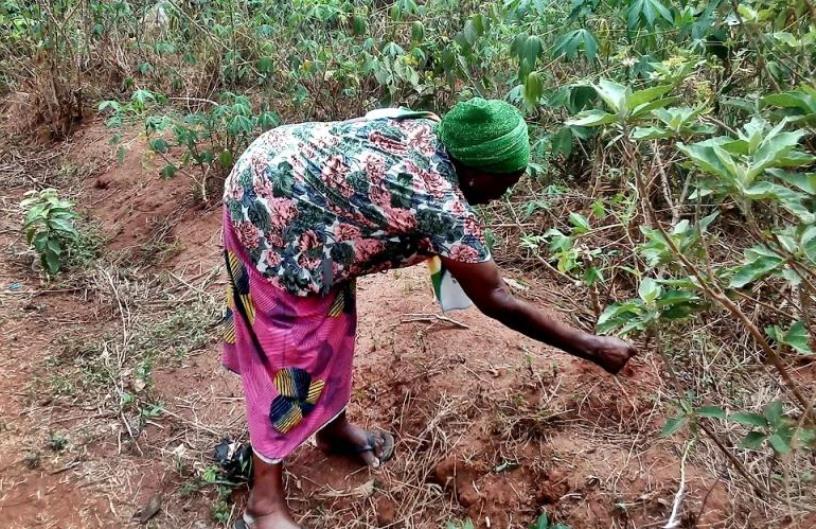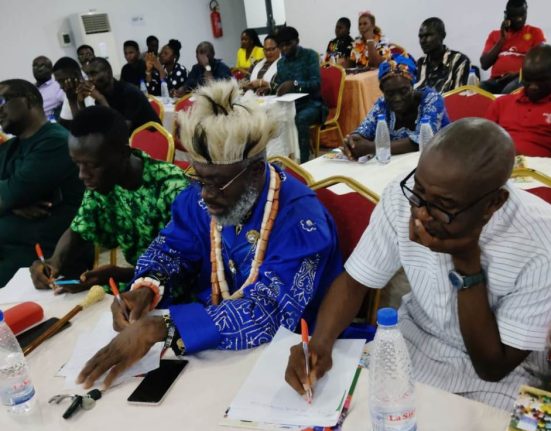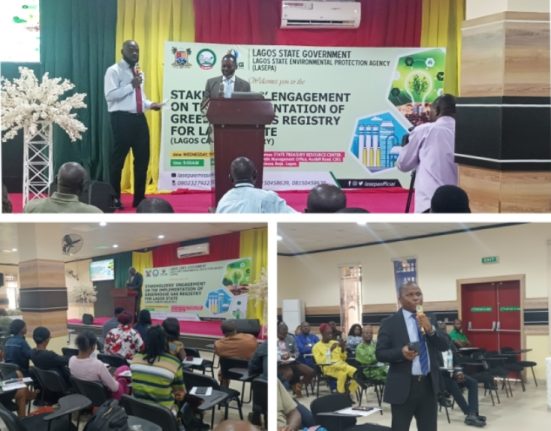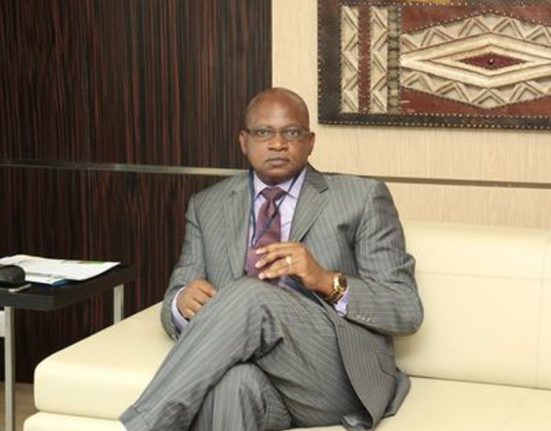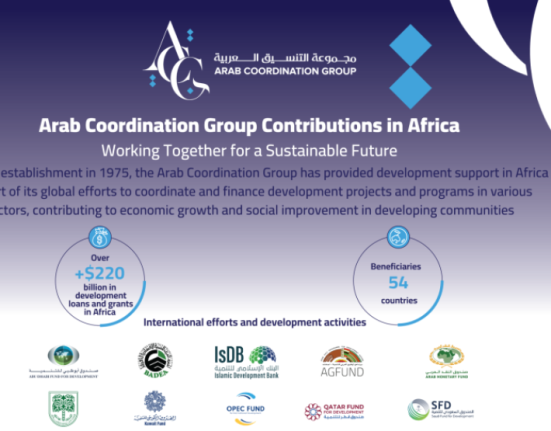An expert in climate change and development, Prof. Chukwumerije Okereke, has expressed dismay over negligence of rural dwellers in intervention efforts on climate change adaptation and mitigation in Nigeria.
Okereke spoke at the final stakeholders’ workshop organised to share key findings on understanding the effectiveness of local communities in taking necessary action through Locally-Led Adaptation (LLA) project.
He said the Africa Policy Research Institute (APRI) in Berlin, Germany, sponsored the LLA, which started in 2022.
The sponsorship was in collaboration with the Centre for Climate Change and Development (CCCD) and the Department of Climate Change (DCC)in Nigeria’s Federal Ministry of Environment.
Read Related News:
Climate change: Ghana to accelerate renewable energy development
Okereke said it was worrisome to notice the “over-concentration” of intervention efforts at the national and sub-national levels. This is at the negligence of rural dwellers, who are sometimes the most vulnerable.
He said the often-neglected rural dwellers possess intelligence and resourcefulness in innovating ways of adapting to climate change.
“These potentials must not be overlooked by policymakers,” Okereke said.
He also cautioned against maladaptation, which he said, causes more problems in the bid to introduce adaptation strategies.
Also Read:
IFAD grants additional $5m to Nigeria on climate-resilient agriculture
Okereke quoted Dr Grace Mbungu, the Head of Climate Change Programme, APRI-Berlin, as saying that individuals have undertaken much work on climate adaptation.
They did that with several climate change adaptation and mitigation plans and frameworks in Nigeria.
Mbugu, however, noted that the status of available adaptation practices was not clear in the policy documents.
Thus, there is no clear assessment of implementation gaps and locally led processes.
Also Read:
3.6bn people face inadequate access to water — UN
She advocated Nigeria’s adoption of a bottom-top approach during decision-making process by the involvement of vulnerable communities and stakeholders.
This is in order to harness their ideas, local knowledge and practices.
Mbugu said that through this strategy, Nigeria could mainstream locally-led adaptation (LLA) in its adaptation plans.
Nigeria’s adaptation plans would ensure effective, efficient and equitable adaptation action implementation.
Do you have a flair for Citizenship Journalism? Share story(ies) of happenings in your area with The NewsZenith on WhatsApp: 08033668669 or thenewszenith@gmail.com

